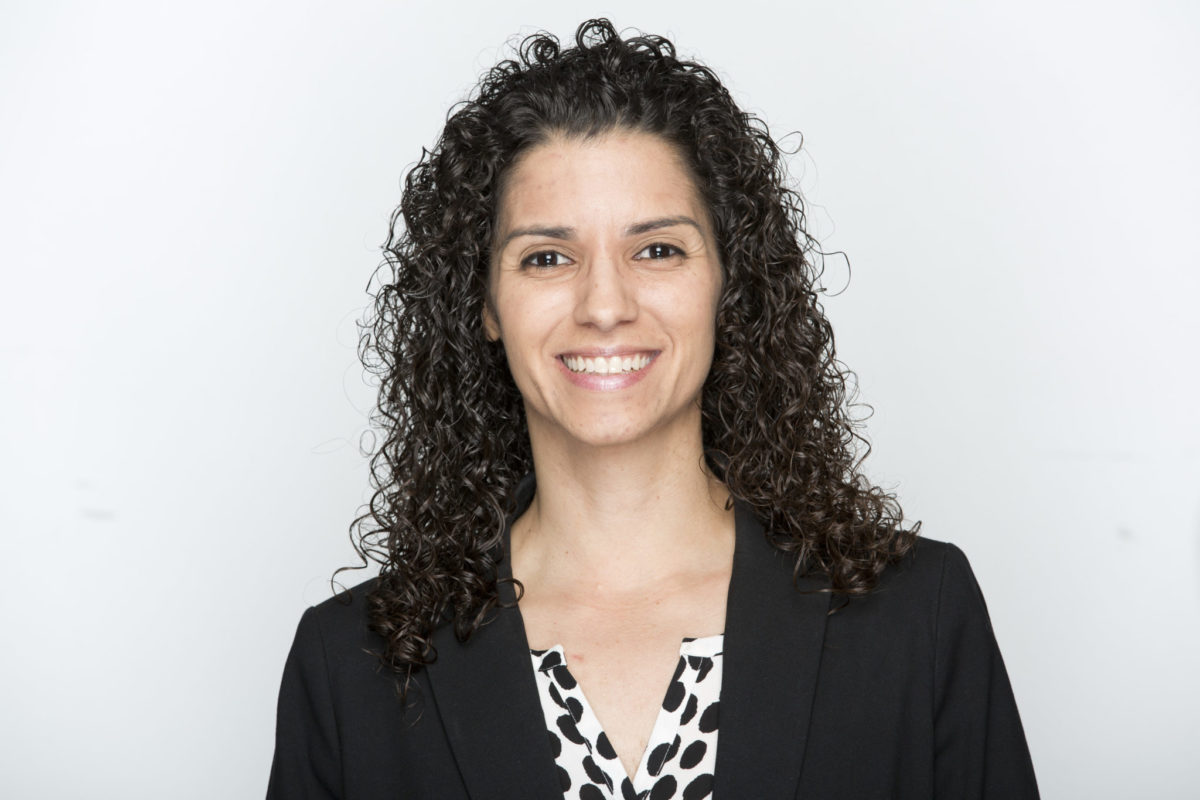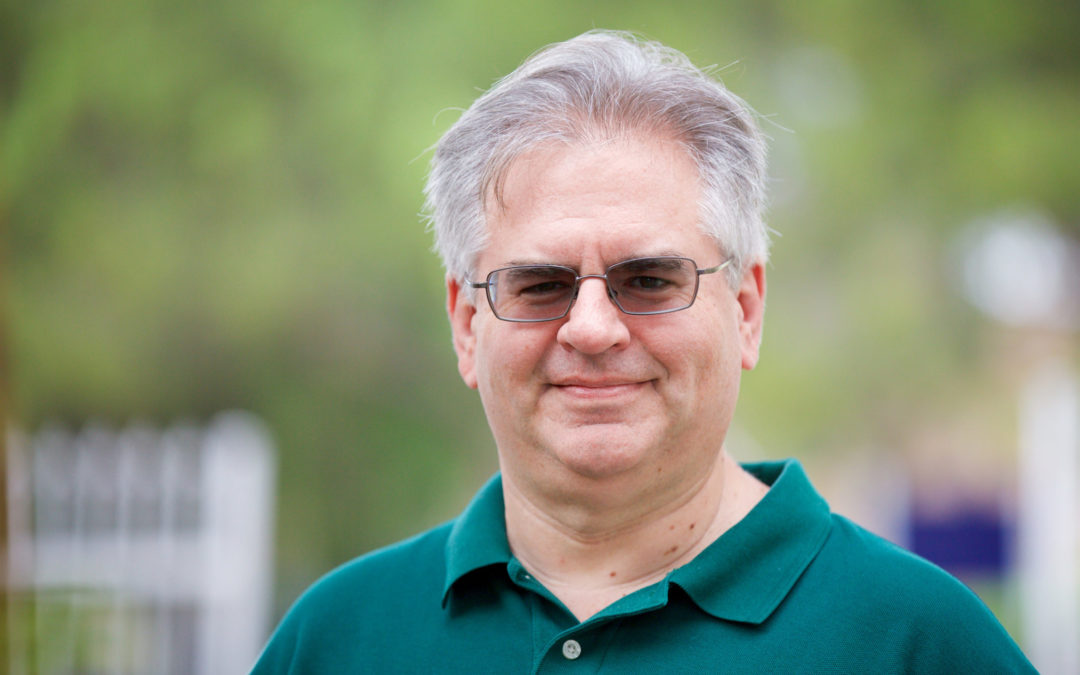This fall quarter, the Honors Program welcomed two new teachers to the Honors Program, although neither of them are really new. Dr. Paul Mallery and Dr. Marlene Ferreras will, moving forward, serve as co-teachers for UHNR 314 (Changing Communities), a course where students are exposed to theories involving how to positively impact their communities and effect change, powerful when paired with the Honors Community Involvement projects in UHNR 354. Dr. Mallery, who serves as Professor of Psychology (and as that department’s chair), graduated from the Honors Program in 1989, subsequently serving as the program’s director for seven years after returning to La Sierra as a member of the faculty. Dr. Ferreras, who serves as an Assistant Professor in the Richards Divinity School, graduated from the Honors Program in 2003. The following interviews were conducted by Kay Kim (Class of 2021, Biomedical Science).
KK: Dr. Mallery, what was your personal experience in the Honors Program? What did you learn, and what were some obstacles you had to overcome?
PM: The Honors Program has been an important part of my work and identity since I joined as a student in 1985. I returned to La Sierra after graduate school and was the Honors Director from 2000-2007. I am currently returning in order to teach the junior-level Changing Communities course, which I previously team-taught with Wonil Kim from 2007-2010.
KK: How is the Honors Community Involvement course connected/related to what you teach in Changing Communities?
PM: The Changing Communities class is a companion class to the Honors Community Involvement project, in which students engage in a community and work to build that community. The project is the applied, how-to, experiential side, and the Changing Communities class provides the intellectual foundations for the project. Our hope is that by the end of the class students will be able to critically reflect on approaches taken by community psychology, political science and political psychology, a bit of political philosophy, sociology, and practical theology in the context of community change. As students develop their worldviews throughout the program, this class can help them integrate their personal philosophies and beliefs about communities with the disciplinary approaches examined in the class. We want our graduates to make the world better: this class gives them a chance to think about how and why they want to do that.
KK: What do you want students to get out of or learn from your teachings in Changing Communities?
PM: Although the class comes largely from a social-science perspective (and as a social psychologist with training in political psychology, I can cover that), the course also includes connections with religion (where I’m only an amateur). I was fortunate that Marlene Ferreras, an Assistant Professor of Practical Theology with emphases in family ministry and gender studies, agreed to co-teach the class with me. John Razzouk, an Assistant Professor in Marketing, has been teaching the Honors Community Involvement project class for many years, and visited our class early in the quarter. It was gratifying to realize that there were three faculty teaching the class that day, and all of us were alumni from the Program!
Teaching this class is more like jazz than a symphony: rather than having every note written when the quarter begins, the faculty team planned themes and motifs that we wanted to be sure to address, a general progression of ideas, and how to start the quarter. As issues arise in class, we select and assign readings; so far, I don’t regret any of the readings assigned, although I would adjust the order in a few cases. At the current moment (in week 8), students are presenting books that they have selected—it is great to have students join in the ensemble. As the quarter ends, we will be asking students to reflect on how their worldviews relate to the readings this quarter and how the theories we have studied this quarter relate to the community involvement projects they have been developing.

Kay Kim continued the interview, with Dr. Marlene Ferreras.
KK: What was your experience like in the Honors Program?
MF: My experience in the program as a teacher is new this quarter. I graduated from the Honors Program at La Sierra in 2003, and used my honors project as a writing sample to apply to graduate school. My interests and research in Latinx theology and feminist theologies began as an Honors student and prepared me to pursue my graduate and later post-graduate work. I learned how to think, write, and dialogue in the program. I was delighted to be invited to teach in Honors because it will be an opportunity to invest in a general education program that was formative early on in my academic career.
KK: How have you been trying to bring the Changing Communities and Honors Community Involvement courses together?
MF: I was invited by Paul Mallery to co-teach Changing Communities with him. This is my first time team teaching the class with him and I am mostly contributing as requested by Dr. Mallery and following his lead. He has taught this course before and knows more about the goal and how it links to Honors Community Involvement. I’m a practical theologian and my hope is to engage the class in pastoral theological models of action-reflection-action. My hope is that we can learn how to see-judge-act and carefully analyze how we participate in justice-making relationships.

